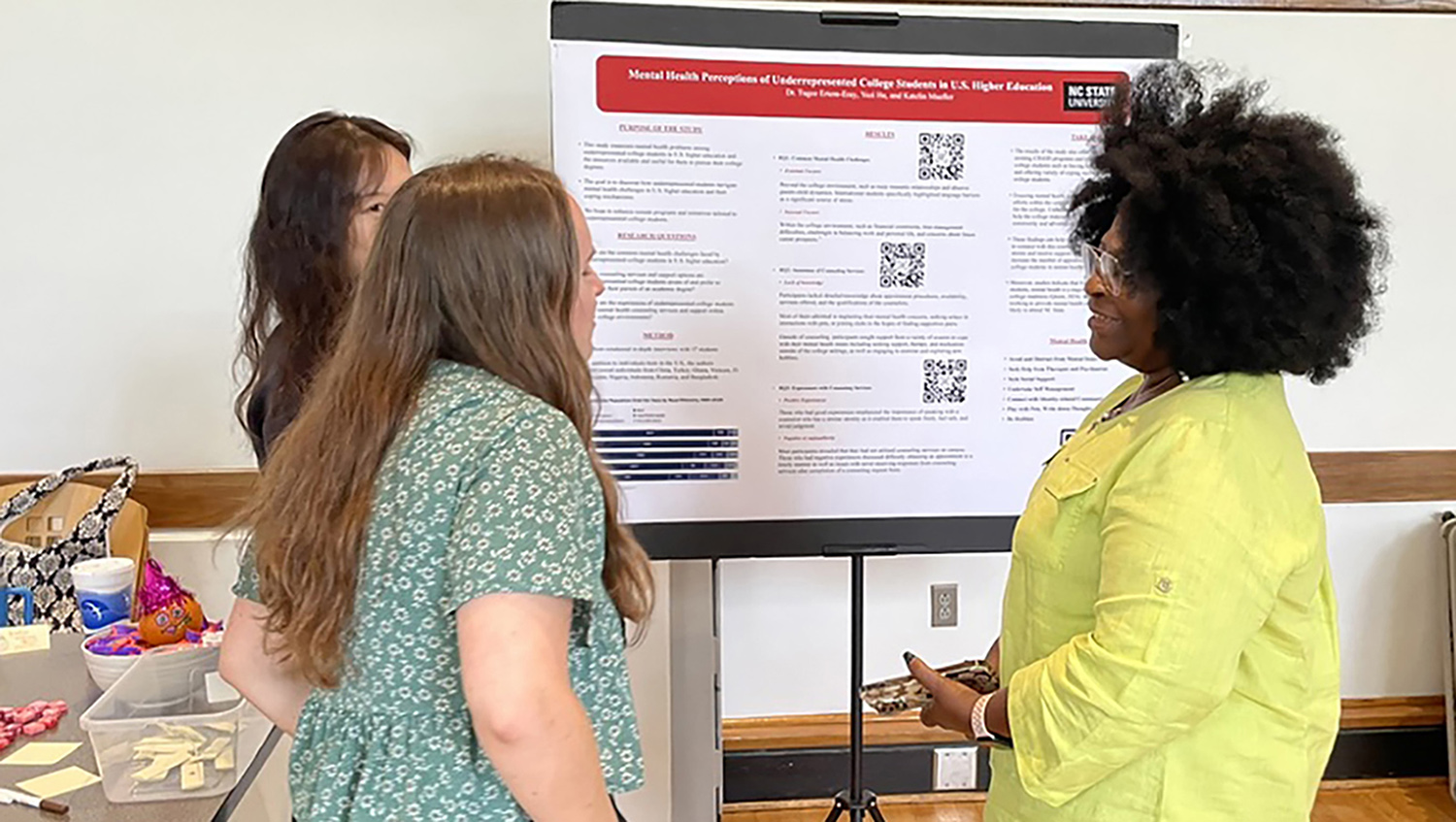Wilton Barnhardt’s New Novel: Lookaway, Lookaway


[This article was updated September 9, 2013.]
Wilton Barnhardt, professor of creative writing in NC State’s Master of Fine Arts program, has published Lookaway, Lookaway (St. Martin’s Press), a novel that focuses on a Southern matriarch who is trying to preserve her family’s name and legacy.
The New York Times Book Review gave the book a strong thumbs up, as have many regional and national reviewers.
The following is an edited transcript of an interview that NC State* magazine conducted with Barnhardt:
Wilton Barnhardt published his first novel when he was 29. After covering stock car racing for Sports Illustrated, he came to NC State as a faculty member in the Master of Fine Arts program when it enrolled its first students in 2005. Barnhardt models his novels after the classics of the 19th century in the tradition of Charles Dickens and Henry James. He’s written sprawling novels about New York, Hollywood and religion.
What led you to write Lookaway, Lookaway?
I grew up in Winston-Salem, but I’ve never written a novel set in North Carolina, and I’ve never written a Southern novel. I thought it was time.
Why?
From the time I graduated high school until I was about 41, I didn’t live in North Carolina. I was in New York, Los Angeles, Europe. When I came back, I was surprised at how modern and different North Carolina had become. I felt at home again. And what interested me was this subterranean world of high society and debutantes and first families and reputations and fortune. I thought that had died with Gone with the Wind. But, no, that world is still here; and to the people who are in it, that world is just as vital and necessary as it always was.
Jerene Johnston, one of the primary characters in Lookaway, Lookaway, is trying to keep her family’s prominence in that world. What inspired you to create her character?
When I started the novel, I said there’s no point in writing my one and only Southern novel if I don’t come up with a heroine and a matriarch that you could find in Tennessee Williams or some other Southern writer’s work you wish to emulate. I think I got one with Jerene. She’s one for the ages. She’s doing everything to preserve her family’s name and legacy, though nobody else seems to be cooperating.
The Johnstons, the family at the heart of your novel, are said to be descendants of Joseph E. Johnston, a Confederate general who surrendered to Sherman outside of Durham in 1865. Why did you choose him to play a key role?
If you ask people when the Civil War ended, they know that Lee surrenders to Grant at Appomattox. A great many people aren’t aware that the war dragged on a little longer and that it concluded here outside of Durham, where Joseph E. Johnston commanded the Confederate forces that surrendered. I always thought that was an interesting fact and found him sort of curious.
Are the Johnstons a microcosm of the modern South?
It’s interesting, because people come away with two things. Some have said that the Johnstons’ values are completely empty. They want reputation, the country club, money, status. Someone might say they deserve what they get, because their lives are in pursuit of these vanities. On the other hand, I’ve had the other reaction. As much as I’m against Jerene’s actions, you’ve got to like this woman. She has her values, and she would kill with her bare hands to help her family and keep intact her art collection, her family’s legacy.
What can people learn from the characters in your novel?
Life is rarely as simple and rarely as beautiful on the surface that the Jerene Johnstons of the world wish to present. I suppose that’s true of a number of 19th century novels—that the beautiful surfaces, the manners, the graciousness are necessary because they hide the ugliness of human life.
The NC State Alumni Association shared an extended interview with Barnhardt on their Red and White for Life blog.
*This article is reprinted with permission from NC State magazine. The magazine is a benefit of membership in the NC State Alumni Association. To join, go to www.alumni.ncsu.edu.


